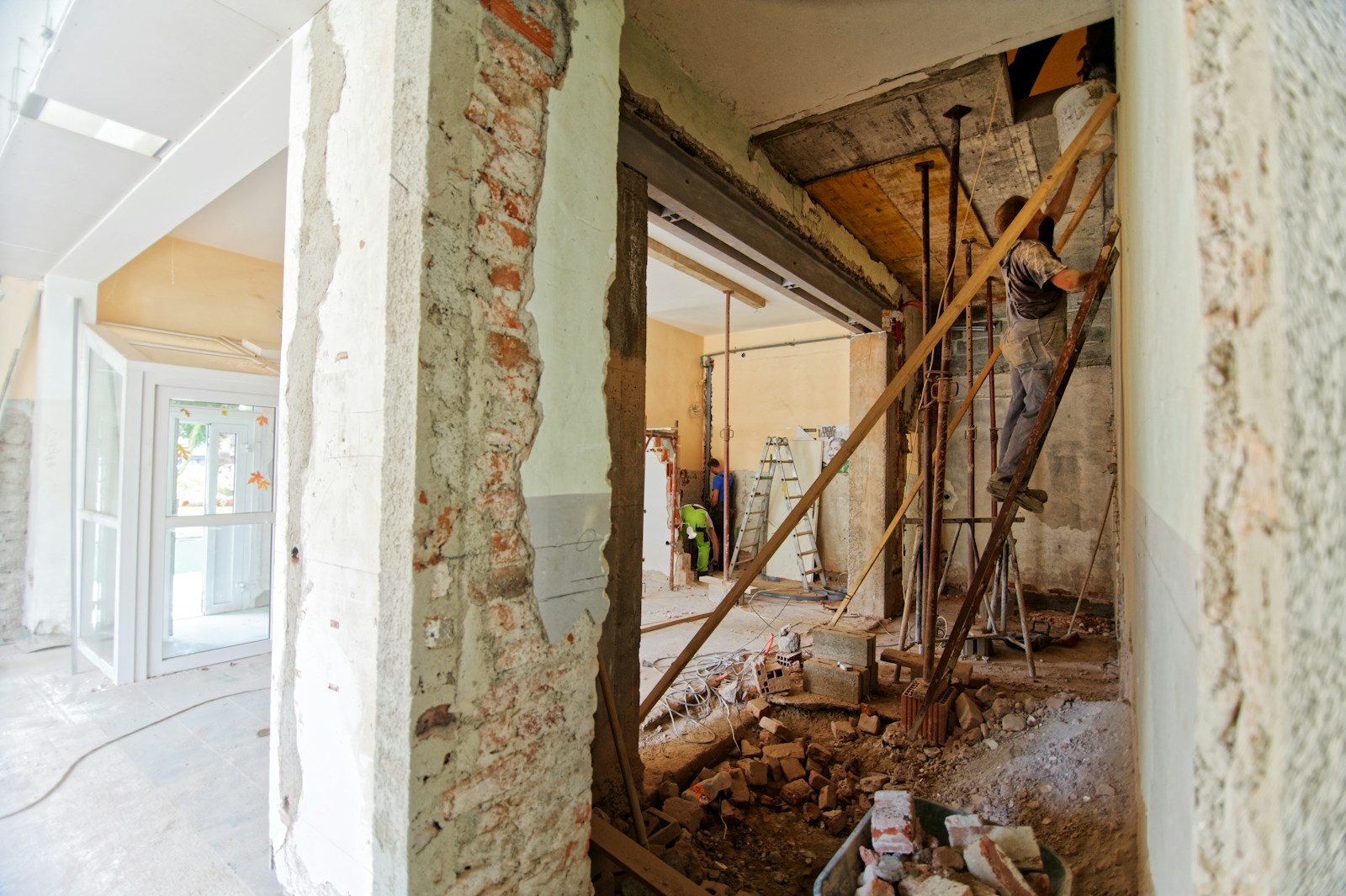
Neglecting Regular Maintenance
Failing to keep up with routine maintenance can significantly damage a vehicle’s resale value. Manufacturers typically recommend oil changes every 5,000 to 7,500 miles, depending on the model. Ignoring these suggestions may lead to engine wear and potential costly repairs, impacting perceived reliability among potential buyers.
Ignoring Warning Lights
Drivers who disregard dashboard warning lights may face severe consequences. According to the National Highway Traffic Safety Administration (NHTSA), unresolved issues can lead to more extensive damage, decreasing the car’s value. Prospective buyers are often wary of vehicles with a history of ignored maintenance alerts.
Skipping Car Washes and Detailing
Visible dirt and grime can detract from a car’s appeal. Regular washing and detailing help maintain the paint and interior condition, which are crucial for resale value. A clean vehicle signals good care, while a neglected exterior suggests underlying issues that may concern buyers.
Improper Tire Care
Under-inflated or worn tires can not only be unsafe but also diminish resale value. The NHTSA recommends regular tire checks and rotations. Ignoring this aspect can lead to uneven wear, reduced fuel efficiency, and potential safety hazards that buyers will factor into their purchase decision.
Neglecting the Owner’s Manual
Each vehicle comes with an owner’s manual outlining recommended care practices. Skipping these guidelines may result in poor maintenance, affecting longevity and resale value. Following the manufacturer’s recommendations ensures that both the mechanical and aesthetic aspects of the car are preserved.
Using Low-Quality Parts
While saving money on repairs might seem appealing, using low-quality parts can diminish a car’s performance and safety. Reputable manufacturers emphasize the importance of OEM (Original Equipment Manufacturer) parts for maintaining vehicle integrity. This choice affects resale value as buyers prefer cars with a history of quality repairs.
Smoking Inside the Vehicle
Smoking in a car can lead to persistent odors and stained upholstery, seriously impacting resale value. Many buyers are deterred by the smell of smoke, which can be challenging and costly to remove. Keeping the interior smoke-free is essential for maintaining a car’s appeal.
Modifications and Personalizations
While personalizing a vehicle may enhance enjoyment, extensive modifications can complicate resale. Buyers typically prefer factory-standard vehicles, and alterations might lower the appeal and market value. It’s essential to consider how changes may affect broader buyer interest.
Failing to Keep Records
Not maintaining comprehensive service records can raise red flags for potential buyers. Detailed documentation provides transparency regarding a vehicle’s history, ensuring buyers feel confident in their purchase. Lack of records may lead to skepticism and lower offers.
Delaying Repairs
Postponing necessary repairs not only worsens the vehicle’s condition but also diminishes its resale value. Potential buyers are more likely to shy away from cars with a history of unresolved issues. Proactively addressing repairs can significantly enhance appeal and return on investment.
Urgent Reminder: To maximize your vehicle’s resale value, adopt these car care habits today. Your future profits depend on it.


